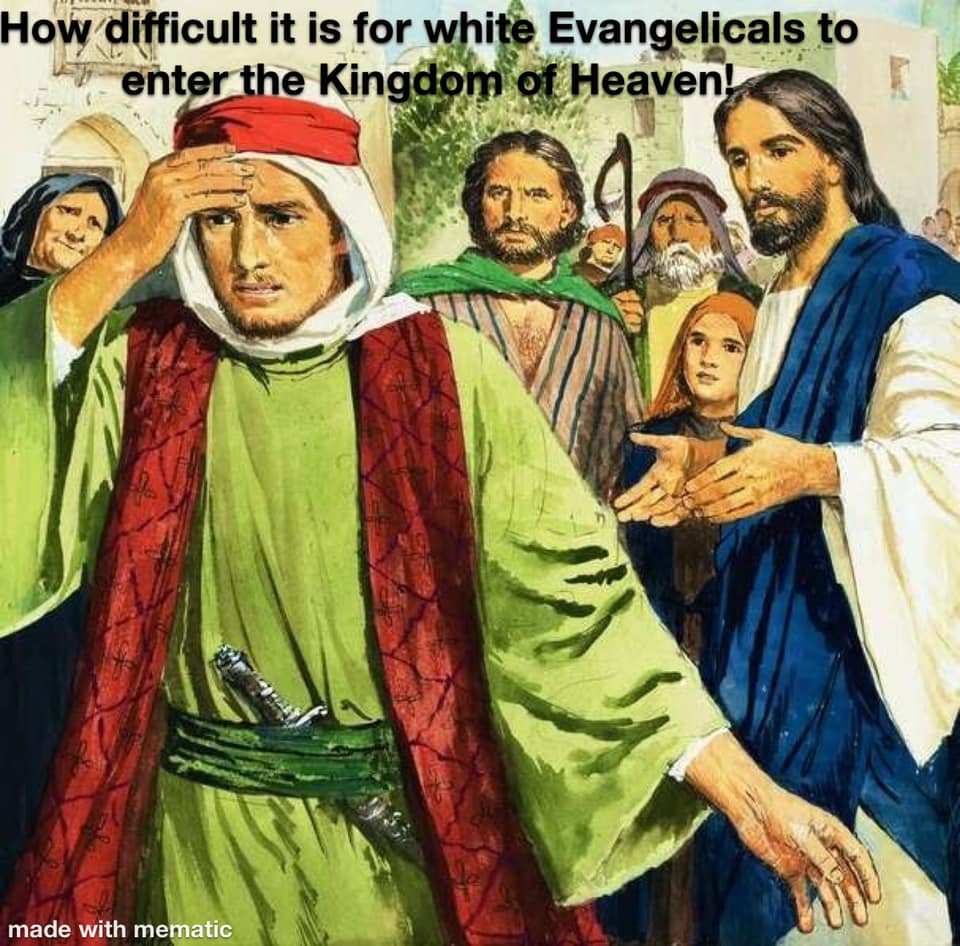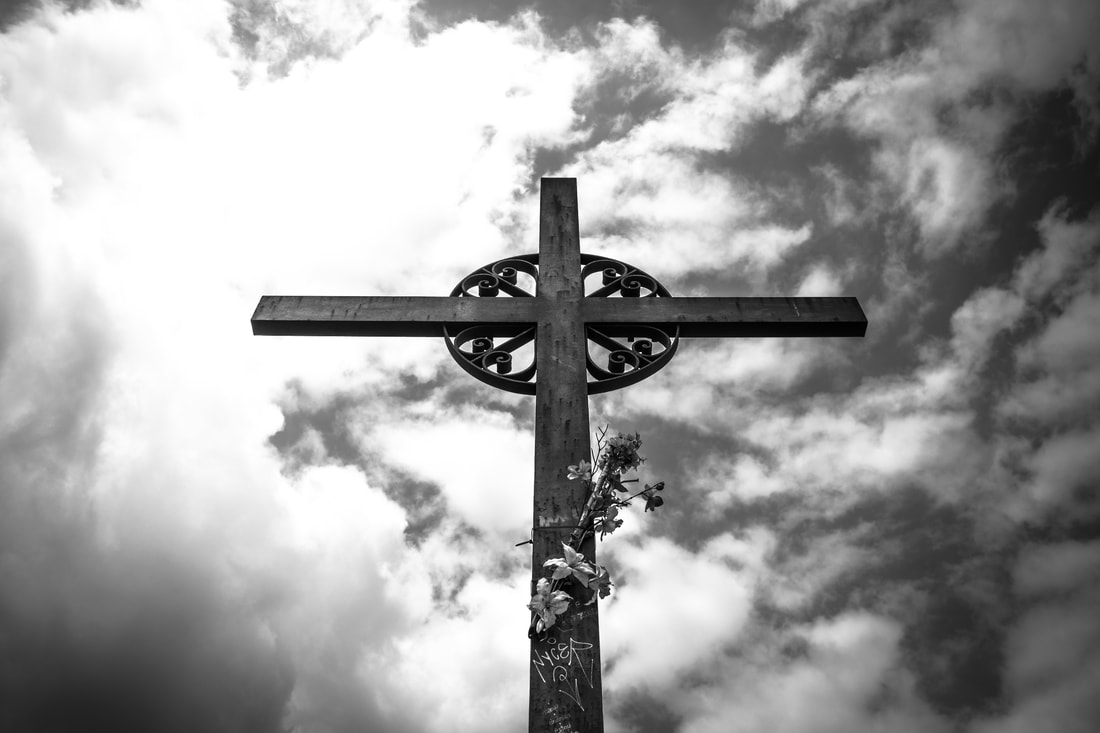|
Individualism is one of the great emphases of modern American culture. The value of expression, of individual value, and of individual responsibility is, in my opinion, of utmost importance and meaning. Emphasis on the individual is one of the major aspects which helps to build in Americans that characteristic tenacity, resolve, and ingenuity for which we are known. But for as worn out as the old adage is, one’s greatest strength tends to also be one’s greatest weakness.
0 Comments
Social justice has been on my mind a lot lately, as I'm sure it's been on the minds of many. For some, especially those who are older or from very conservative backgrounds, their ears just perked up. This idea of "social justice" still has connotations carried over from the late 19th and early 20th centuries, when the gospel of Jesus Christ was distilled down merely to its justice component. In the social gospel, Jesus's life was rightly put on a pedestal as an example for our own lives, but it wrongfully deposed the work of his death and resurrection. Jesus's life became largely an example for us in our world - a motivational speech to move us out to be nice and do good. This social gospel devoid of the divine is not the social justice I'm talking about.
It is amazing how my view of myself has changed so drastically in the past six years or so. It began when I started working on our diaconate, it progressed as I saw my political idolatry and consequentialism, and now it is broken wide open as I see my lack of humility with brothers and sisters of color. I always identified with God in his anger at Israel's rebellion, I identified with the prophet Hosea rather than with his adulterous wife, and I identified with Jesus and the disciples who I imagined were shaking their heads at the rich young ruler (although that's not what the text says they did, but it's what I always did). But I have begun to see that I and my community are most often intended to identify with the wayward Israel in need of mercy, with the unfaithful prostitute, and with the rich young ruler in need of humility and transformation. The following, then, is a reimagining of the rich young ruler story as told in Luke 18, with me and my community standing in for the man who proved his unbelief through his inability to act in love.
Photo by Mariano Castro on Scopio “The Politics of Jesus” has been one of the most influential books in my life. While I could glean ten different life lessons from it to discuss right now, one in particular has surfaced in my mind as of late. In the book, John Howard Yoder, the author, points out several aspects of what it means to bear our cross. Two of these observations had never crossed my mind before. First, Yoder tells us that bearing our cross is not a random event or hardship in our lives, like cancer or a difficult boss. Instead, cross is what is borne as a direct result of the lives we lead as lived in Christ, like moving to a leper colony to serve and contracting leprosy or having your boss fire you for refusing to alter information in a report. Cross is first and foremost something borne as a direct result of living a life directed towards Calvary.
|
*The views and ideas on this site are in no way affiliated with any organization, business, or individuals we are a part of or work with. They're also not theological certainties. They're simply thinking out loud, on issues and difficulties as I process things.
Categories
All
|







 RSS Feed
RSS Feed